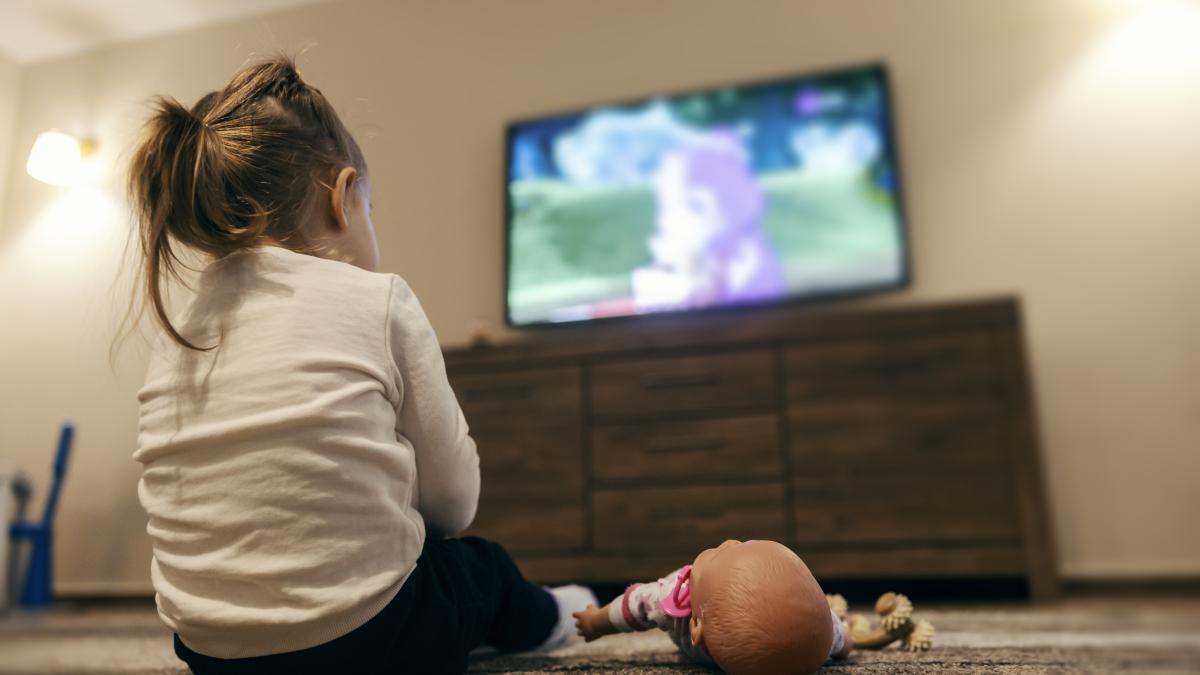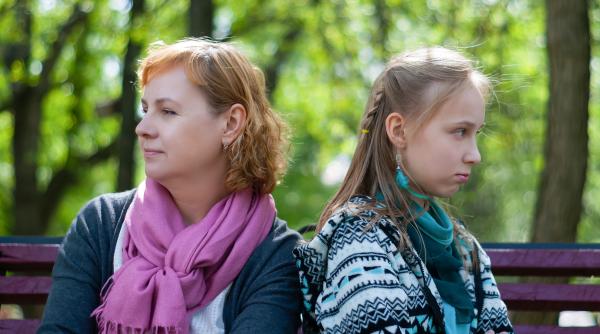Clinical psychologist Marius Zamfir, a specialist in the human microbiome and president of the Association for Child Mental Health, warned on "Present Parents," a show moderated by the editor-in-chief of ParintisiPitici.ro, Loredana Iriciuc, that it would be ideal for young children not to learn in front of screens during the first 2-3 years of life. The expert argues that a child can learn a foreign language from screens, but only after passing certain stages of development and having a functional level of understanding.
"In the first 2-3 years of life, it would be ideal for them NOT to learn from screens! We have children coming to our office who, if you ask them 'What are you doing?' or 'Where's your nose?', they don't understand, but if they see some numbers or geometric shapes or colors on the walls in the office, they start saying 'one', 'two', 'blue'. They have learned these things not at a functional level.
We need to understand that a child can easily learn a foreign language and can even learn from screens, but only after all the learning mechanisms have been unlocked and they are a functional child, a child who understand 90% of what I say and convey. Yes, then they can learn", said Marius Zamfir on "Present Parents" a show by ParintisiPitici.ro.
Marius Zamfir: "The big issue lies with the time spent on these screens"
Clinical psychologist Marius Zamfir draws attention to a major problem related to the time we spend in front of screens. The recommendations of the American Academy of Pediatrics, based on the results of 49 studies covering areas such as nutrition, cognitive development, and language, are categorical!
"The big issue lies with the time allocated. How much time do we allocate to these screens? The recommendations of the American Academy of Pediatrics, renewed in 2018, are based on 49 studies, studies related to nutrition issues, cognitive development, and language development, and they state the following:
- up to 1 and a half years old, the child should not spend any time in front of a screen; at most 5-10 minutes/day on Skype, if one of the parents is away, there's at least some interaction there,
- between 1 and a half years and 2 years old, a maximum of half an hour, but only with an adult present to explain what's happening on the screen all the time, as the child doesn't yet have the cognitive mechanisms to understand what's happening on that screen,
- between 2 and 6 years old, a maximum of one hour
- and between 6 and 12 years old, maximum 2 hours, with the content checked, no violence, no inappropriate language.
Unfortunately, we see that children today have very extensive access to these screens", Marius Zamfir further explained.



































